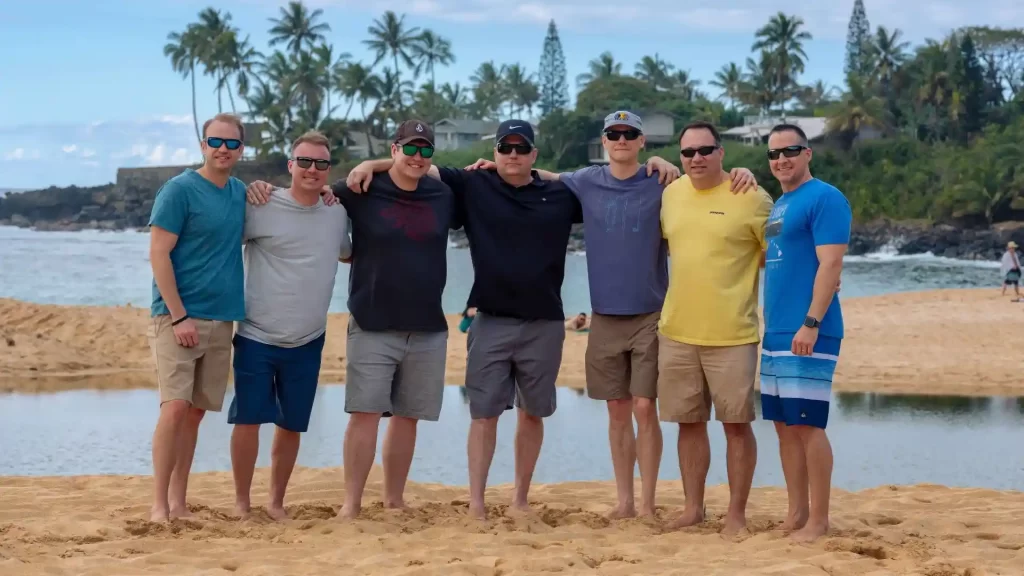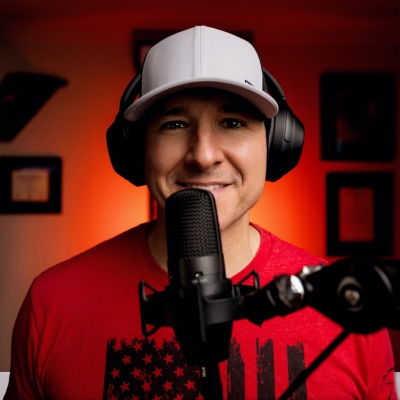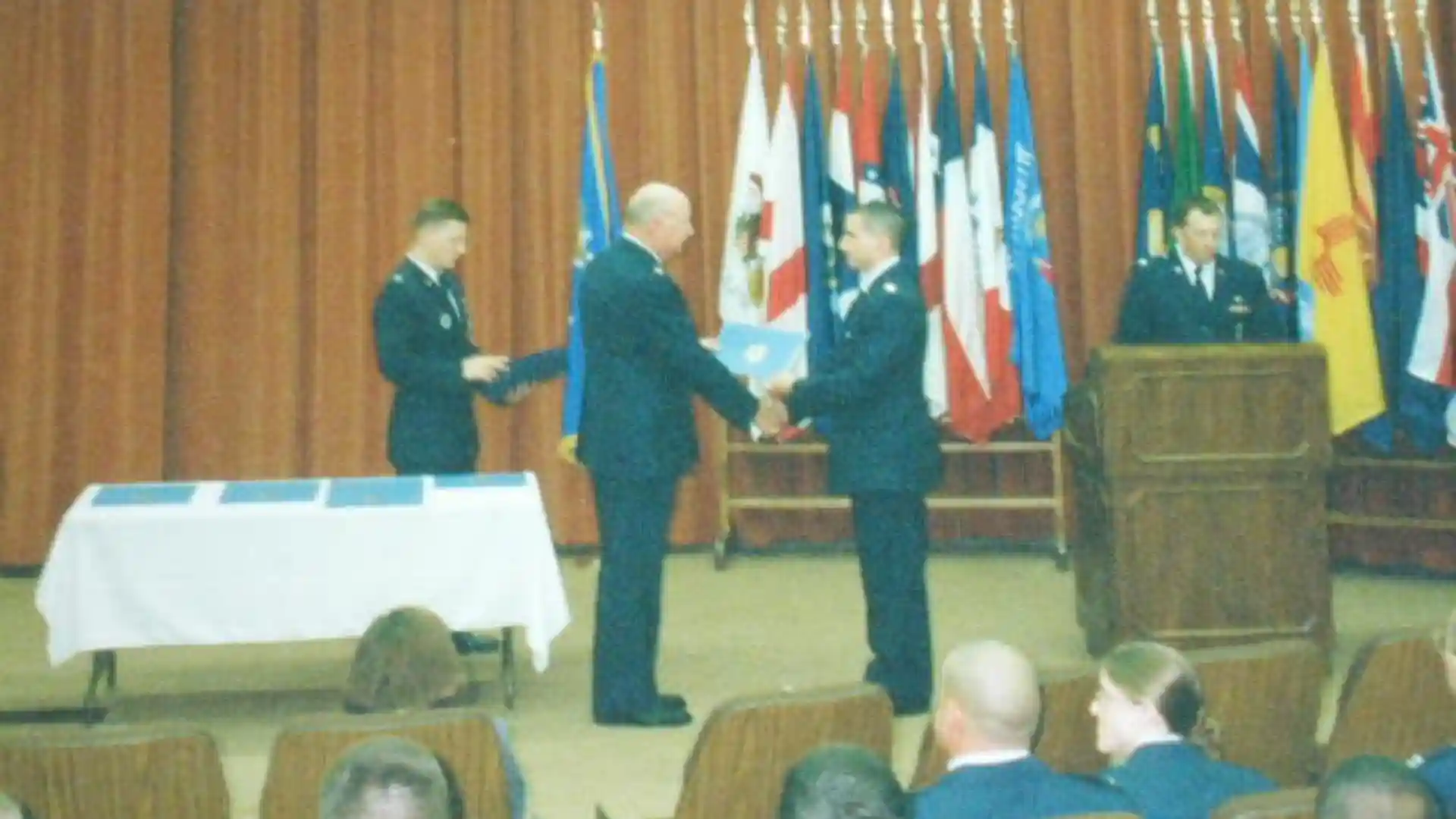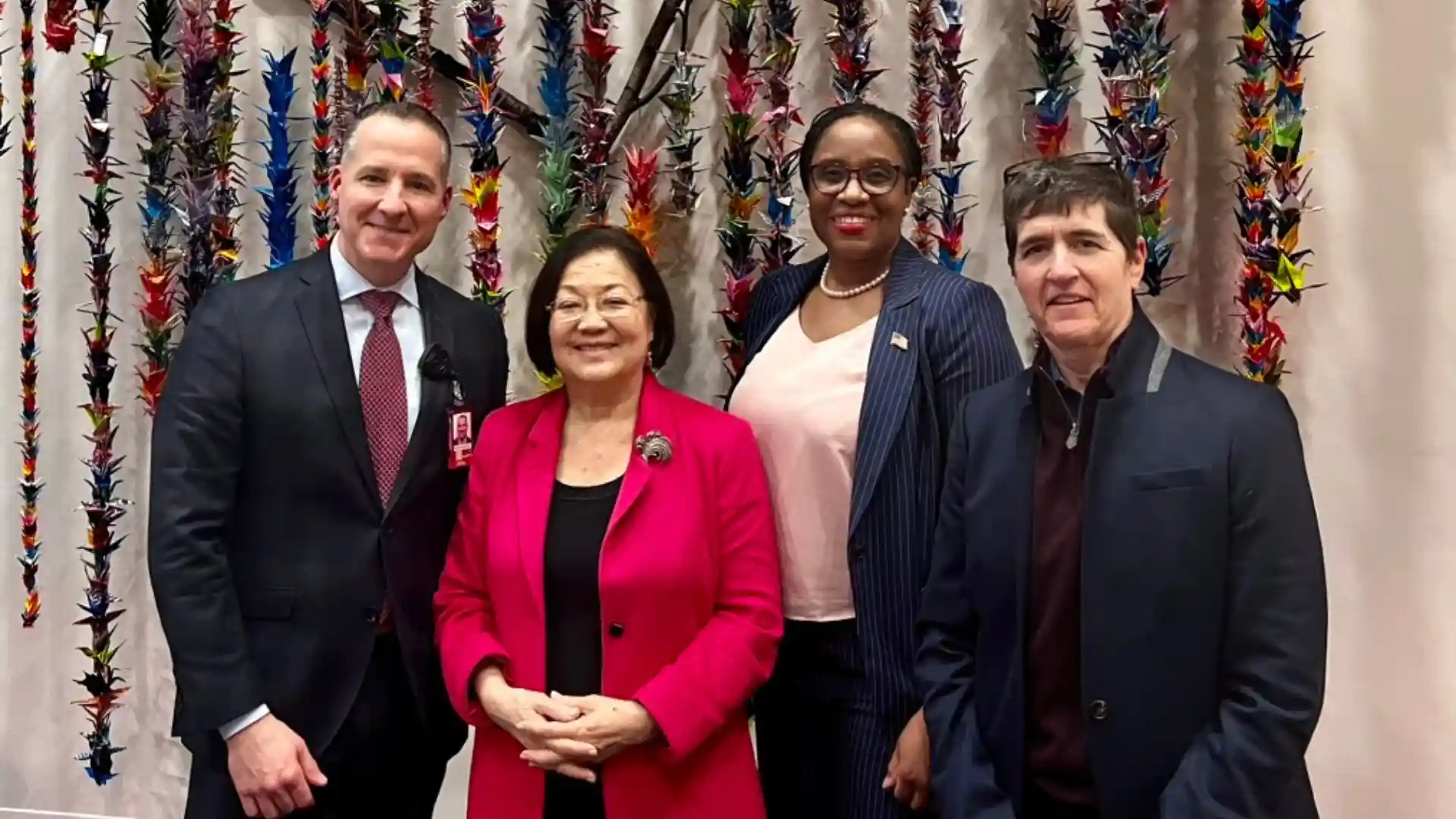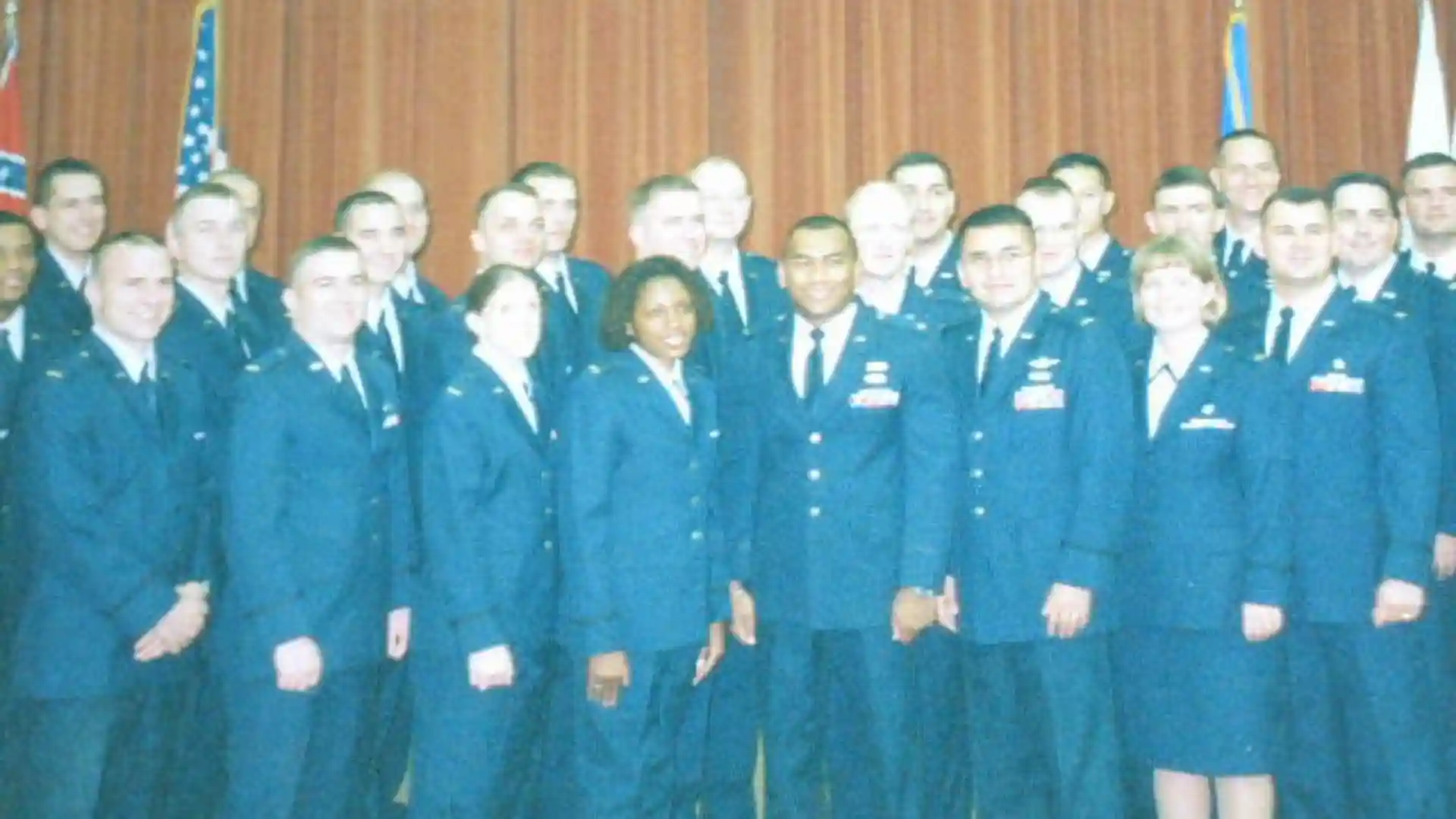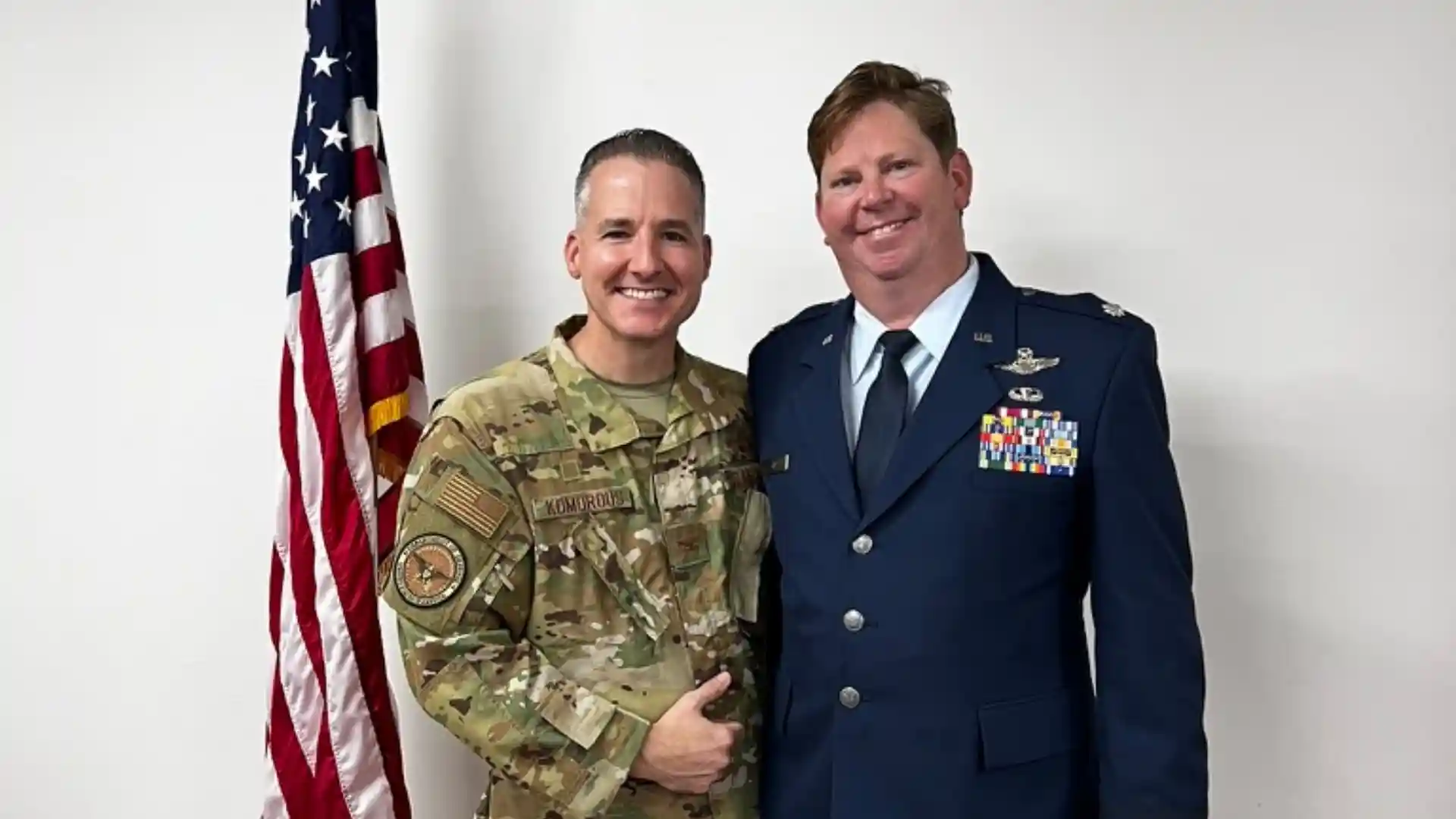When we think of veterans, we often see strength, honor, and service. We picture brave men and women in uniform. But what we don’t always see is what happens after the service ends. Once the uniform is packed away, a new fight begins. And this time, it’s personal.
Coming back to civilian life isn’t easy. Many vets face stress, loss of identity, or money troubles. Some feel alone without the support they had in the military. I remember one friend telling me how quiet his house felt after leaving a combat zone—it was a silence that didn’t feel peaceful. While people say “thank you for your service,” they may not see the daily battles that follow.
That’s where the Veterans Share Battles Beyond War Podcast comes in. It’s part of the Voice of Valor series. It gives veterans a space to share their stories, struggles, and hope. Through honest talks and powerful stories, it shows what real life looks like after service.
Table of Contents
ToggleStruggles That Follow the Uniform
Mental Health and PTSD
Many veterans deal with deep pain. PTSD is one part of it, but it’s not the whole story. Some face sadness, fear, or trouble with drugs and alcohol. Others feel guilt or think about ending their lives. These issues are real, and they are hard.
On the podcast, veterans talk about these things in open ways. One talked about skipping family parties because loud voices brought back war memories. Another said his untreated PTSD led to drinking and living on the street.
I’ve seen this firsthand. One of my old teammates would flinch at fireworks. He finally got help through a VA equine therapy program, and now he mentors others. The podcast shares ways to heal—like therapy, support groups, or even riding horses or deep breathing. Every story shows that being hurt doesn’t mean being broken. It means being human.
Finding a New Identity
In the military, you know your role. You have a purpose. But once you leave, it’s easy to feel lost. Many veterans ask, “Who am I now?”
The podcast shares how tough that can be. One guest said he had to remove most of his military work from his resume just to get an interview. Others said they didn’t feel they fit in anymore.
Still, many find their new path. Some go to school, start companies, or write books. Others speak out to help fellow vets. I had to adjust too. After retiring, I didn’t know what came next. But sharing my story with others brought purpose back. The podcast reminds us: life after service can still be full of meaning.
Real Voices, Real Struggles
This podcast is raw and real. Veterans open up about their darkest days and greatest wins.
One Marine talked about a suicide attempt and how a call from a buddy saved him. A woman shared her story of being assaulted during service and how she now mentors others. These stories hurt to hear, but they are needed. They help other vets feel seen and give them hope.
Turning Pain Into Purpose
Many guests have taken their pain and turned it into action. Some start groups to help other vets. Others study to become counselors. One guest even travels to speak about mental health.
The podcast helps spread these efforts. It shows that while trauma leaves marks, it can also spark change. These stories aren’t just about what happened—they’re about what’s next.
A Place for Healing
Healing starts with knowing you’re not alone. That’s what makes the Voice of Valor podcast so powerful. It builds a space where veterans can hear, share, and grow.
There are also mental health experts who give tips on how to cope. Family members and caregivers share their views too. These talks help veterans learn and feel understood. The big message? You are not weak. You are not alone.
Rebuilding Connection
One of the hardest parts of leaving the military is the loss of daily bonds. Many vets feel alone.
This podcast helps fix that. Veterans hear stories like their own. They join talks. Some even come on as guests. It builds a strong community. And it’s not just for vets—families, teachers, and bosses also learn how to help and support.
What Civilians Can Learn
The podcast also helps people who have never served. Many bosses don’t know how to welcome veterans into the workplace. They may not see how military skills apply to office jobs. Or they may not know how to help someone with PTSD.
Voice of Valor talks about that too. It gives clear ways to help. This helps schools, groups, and companies become better places for those who served.
A Bigger Movement
This podcast is more than a show. It’s a push for change. It breaks down walls. It asks for better care, more help, and deeper respect.
It also shares links to help, talks about policy, and lifts up local heroes. It calls on all of us to do our part—write to leaders, help at shelters, or just check on a vet next door. Everyone can do something.
Why This Matters Now
Many people leave the military every year. Too many slip through the cracks. Some end up homeless, jobless, or lost in a system that doesn’t get them.
This podcast shows both the danger and the hope. It shows what can go wrong—but also what can go right when we care enough to listen and act.
Final Thoughts
Coming home from war is not the end of the journey. For many, it’s just the start of a new one. One without medals or cheers but full of courage just the same.
The Veterans Share Battles Beyond War Podcast brings those stories to life. It gives veterans a voice. It gives listeners a reason to care. And it gives all of us a way to help.
This is more than a podcast. It’s a lifeline. It’s a reminder that behind every uniform is a person with dreams, fears, and strength that lasts long after service ends.

